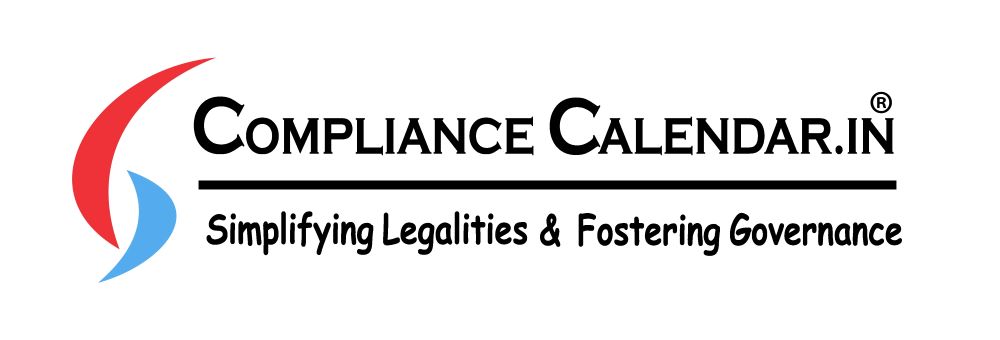 High-Converting Funnels – From Ad Click to Final Sale!
High-Converting Funnels – From Ad Click to Final Sale!
Understanding Valuation Under Income Tax: Methods & Regulations
Written by Vivek Ranjan » Updated on: June 17th, 2025

Understanding valuation under income tax is essential for ensuring that assets and business transactions are assessed fairly and in compliance with legal standards. This process affects how capital gains are computed, how transfer pricing is determined, and even how gifts or business restructurings are treated for tax purposes. Below is a comprehensive guide detailing the methods of valuation and the regulatory framework governing them.
Introduction to Valuation Under Income Tax
Valuation under income tax involves determining the fair market value or economic worth of an asset or a business entity. This valuation is critical in several contexts:
- Capital Gains Calculation: Accurately computing gains or losses on the sale or transfer of assets.
- Transfer Pricing: Ensuring transactions between related parties are conducted at arm’s length.
- Gift and Inheritance Tax: Assessing the value of assets transferred as gifts.
- Business Restructuring: Valuing companies or parts thereof during mergers, acquisitions, or wind-ups.
- Key Valuation Methods
Different methods are applied depending on the asset type, purpose of valuation, and regulatory requirements:
- Market Value Approach
- Definition: Values the asset based on the price of comparable assets transacted in the open market.
- Application: Commonly used for real estate, equity shares, and other tangible assets.
- Considerations: Relies on the availability of recent and comparable market data
- Income Approach
- Definition: Determines the asset's value based on its potential to generate future income, discounted to present value.
- Techniques: Includes methods like Discounted Cash Flow (DCF) analysis and capitalization of earnings.
- Application: Typically used for businesses and income-generating properties.
- Cost Approach
- Definition: Calculates the asset’s value based on the cost incurred to create or replace it, minus any depreciation.
- Application: Useful for new or unique assets where market comparisons are limited.
- Limitations: May not fully capture market dynamics or the asset’s future earning potential.
- Book Value Method
- Definition: Uses the value recorded on the balance sheet, often adjusted for depreciation or inflation.
- Application: Primarily for internal assessments or preliminary evaluations.
- Considerations: Often diverges from fair market value, especially for assets that have appreciated.
- Special Valuation for Unquoted Shares
- Regulatory Requirement: Under Section 50CA of the Income Tax Act, unquoted shares must be valued by a SEBI-registered valuer.
- Implication: This ensures that the valuation reflects fair market conditions and prevents undervaluation in transactions.
- Transfer Pricing Valuation
- Definition: For transactions between associated enterprises, the arm's length principle is applied.
- Methods: Includes Comparable Uncontrolled Price (CUP), Resale Price Method, and Cost Plus Method, among others as recommended by OECD guidelines.
- Documentation: Requires detailed records and adherence to international standards to satisfy regulatory scrutiny.
Regulatory Framework Governing Valuation
- Income Tax Act, 1961
- Foundation: Provides the legal framework for asset valuation, including specific sections like Section 50CA for unquoted shares.
- Objective: To ensure that the valuation used for tax computation reflects true economic value and prevents tax evasion.
- Guidelines from the Central Board of Direct Taxes (CBDT)
- Circulars & Notifications: The CBDT periodically issues guidance to standardize valuation practices.
- Impact: These guidelines help maintain consistency across different asset classes and valuation scenarios.
- Transfer Pricing Regulations
- Arm’s Length Principle: Requires that transactions between related parties are conducted as if they were between unrelated parties.
- Compliance: Firms must document their pricing methodologies in line with OECD recommendations and local regulatory requirements.
- Other Statutory Norms
- Stamp Duty Valuations: In some cases, especially for property or immovable assets, the stamp duty value may be used as a benchmark.
- Periodic Updates: Tax laws and valuation norms are subject to amendments; staying updated with the latest circulars is critical.
Documentation and Professional Involvement
- Role of Registered Valuers
- Expertise: Professional valuers, particularly those registered with regulatory bodies (like SEBI), provide unbiased and compliant valuation reports.
- Importance: Their assessments are critical during tax audits and disputes, as they substantiate the claimed asset values.
- Maintaining Detailed Records
- Essential Documents: Valuation reports, methodology explanations, assumptions, and supporting market data.
- Purpose: Thorough documentation mitigates risks during tax scrutiny and provides evidence for the chosen valuation method.
- Consulting Tax Professionals
- Expert Advice: Engaging a chartered accountant or tax consultant can help navigate complex valuation issues and ensure full regulatory compliance.
- Benefits: Professionals offer insights into the most appropriate methods and keep you informed of any regulatory changes.
Practical Considerations and Challenges
- Market Dynamics: Valuations must account for market volatility and economic changes, which may require frequent reassessments.
- Choosing the Right Method: There is no one-size-fits-all; the selection depends on asset type, availability of data, and the specific tax implications.
- Regulatory Changes: Tax authorities may update guidelines, so continuous monitoring and adjustments to valuation methods are necessary.
Conclusion
Valuation under FEMA is a multifaceted process that ensures assets and transactions are fairly assessed for tax purposes. By employing appropriate methods—be it the market value, income, cost, or book value approach—and adhering to regulations laid down by the Income Tax Act and CBDT guidelines, taxpayers can achieve accurate and compliant valuations. Given the complexity involved, professional advice from registered valuers and tax experts is highly recommended to navigate these regulations effectively and mitigate any potential disputes with tax authorities.
Note: IndiBlogHub features both user-submitted and editorial content. We do not verify third-party contributions. Read our Disclaimer and Privacy Policyfor details.
Copyright © 2019-2025 IndiBlogHub.com. All rights reserved. Hosted on DigitalOcean for fast, reliable performance.













